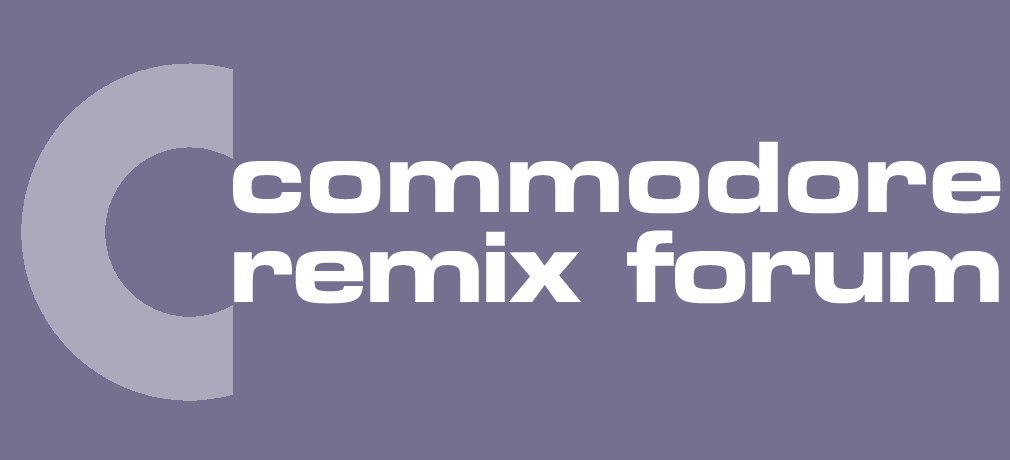If you want pure digital sound that sounds like the real world (if the rest of your equipment is up to the task, i.e. state of the art), you may check out
http://www.digitalaudio.dk/ax24.htm
I've written briefly about it here
http://xosfaere.blogspot.com/2007/07/di ... ition.html
Lagerfelt can chime in aswell, I'm sure.
There is also dCS
http://www.dcsltd.co.uk/products_pro.html
http://www.dcsltd.co.uk/dcs_elgar_plus.html
"Dirtiness" as an artistic expression is another thing, but the real analog world doesn't have a layer of dirt on it, of course, it just is.
DXD (Digital eXtreme Definition) is used as an extreme high-definition format for mastering SACD and DVDA.
For speakers, I recommend
http://xosfaere.blogspot.com/2007/06/eben-ayra-c10.html
It uses a planar tweeter with zero audio distortion and extreme high frequency extension, as opposed to all dome tweeters I've ever heard. The nearest experience to this clarity, has been the ring radiator of GamuT L7, but not with the same high frequency extension.
Amplifier? Some candidates could be Burmester, NuForce, and others.
...
Sadly, these components will cost a lot of money.
Digital reproduction can sound so analog with the right equipment, that you almost cannot hear it is not real. It's just not within the reach of most people to ever find or to buy.




